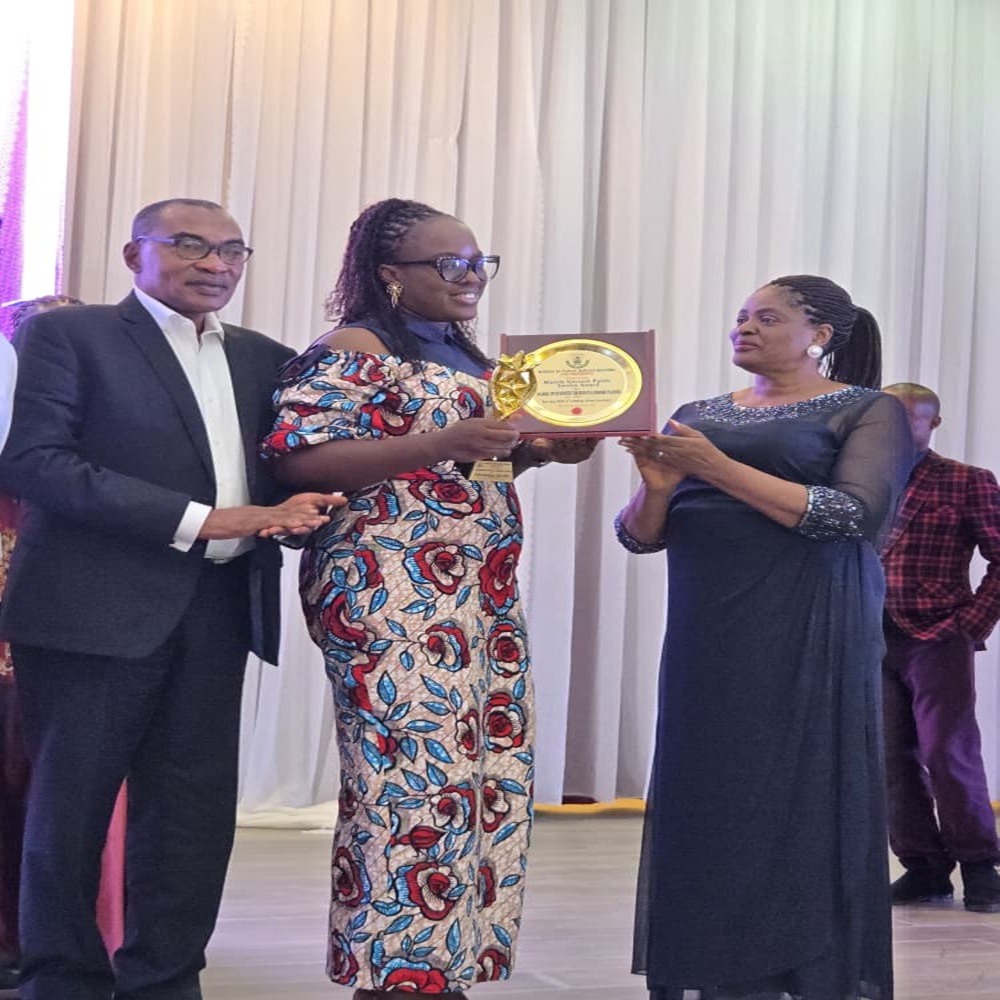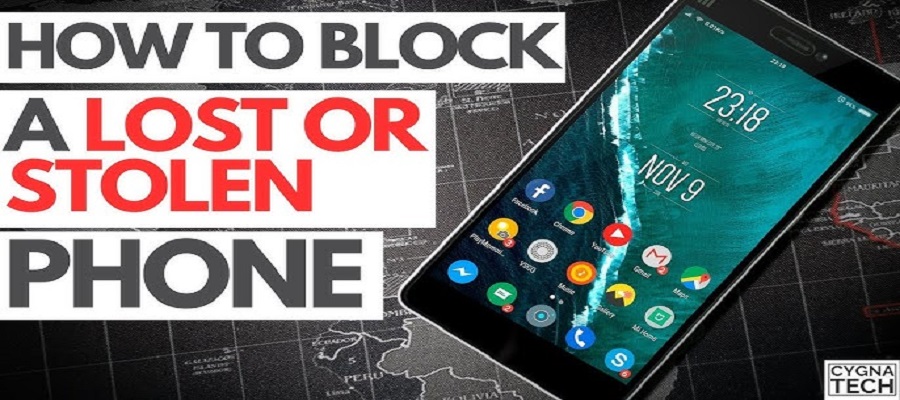Telecom
Tariff: Post Paid is Good but Requires Discipline
There are now almost as many different phone tariffs as there are handsets, making it a lengthy task deciding which tariff to go for.
Choosing a mobile phone provider who offers a variety of options can be difficult unless you know where to find the information.
The communications world is constantly on the move as different people have different needs and habits. To understand and answer them is a challenge for us.
Fortunately, it’s quite easy to understand what the different packages offer.
In this edition, we present the various post paid tariff plans, models and associated services in the GSM telecomm industry.
The purpose is to allow consumers to choose the kinds of products and tariff regime they prefer.
It seeks to accomplish that purpose primarily by supplying consumers the information they need to make choices and by insisting that they are given what they chose
See Post paid
Post-paid requires you to sign a contract with the network operator which usually comes with a minimum one year agreement.
Sometimes it is necessary for the network operator to check your credit history prior to offering this service.
Hence make sure that you have good credit records, otherwise you will be refused this service. This type of service comes with a monthly line rental and your bill is usually taken by direct debit (most operators will not offer this service unless you pay by direct debit).
Decide on how much you can afford to spend on your monthly phone bill and what you are prepared to pay initially for the handset cost.
How frequently are you likely to use your mobile? Will it be for emergency use only or are you likely to be calling every hour.
Estimate your monthly usage. Post-pay services offer more freetime or discounted call rates for higher monthly line rental. This can lead to lower overall monthly bill. Where as Pre-pay can be very expensive for high usage callers because of the call rates usually being higher.
Decide whether to have Pre-paid or Post-paid type services. This will narrow the options available (in particular for pre-paid).
Find out which network most of your friends and families are connected with. Higher call charges apply to calls made to other networks on most tariffs however certain tariffs offer low rates for such calls.
When are you likely to make most of your calls (i.e. day time, evening, weekend etc.)
Telecom
Anambra ICT Agency Celebrates GOVTECH Awards, Applauds Soludo’s Digital Vision

Chukwuemeka Fred Agbata, CFA, md/ceo of the Anambra State ICT Agency, has extolled Governor Charles Chukwuma Soludo, CFR, for his unwavering commitment to technology adoption in Anambra State, a vision that has positioned the state as a shining example of digital governance in Nigeria.

This recognition follows Anambra’s outstanding performance at the Nigeria GOVTECH Gala & Awards 2025, where the state clinched two prestigious honours at the Presidential Banquet Hall, Abuja.
The Anambra State Ministry of Budget and Economic Planning emerged as Best State MDA in Technology-Driven Governance, while the Anambra State Bureau of Public Procurement received the Excellence in Digital Public Procurement Award.
The Commissioner for Budget and Economic Planning, Chiamaka Nnake, and the DG of BPP, Okechukwu Ezeobi, also received Trailblazer Awards for exemplary leadership.
Speaking on the win, CFA commended his colleagues for working closely with the Agency to deepen technology adoption, and reaffirmed the ICT Agency’s commitment to powering the digital infrastructure that supports efficient and transparent government operations in line with Governor Soludo’s “Everything Technology, Technology Everywhere” mantra.
“These awards underscore what is possible when agencies work together with a shared vision,” CFA said. “The ICT Agency is proud to support and enable the digital systems that make such milestones possible.”
He further pledged that the Agency would sustain the momentum by expanding digital integration across government processes, ensuring that Anambra remains at the forefront of e-governance innovation in Nigeria and beyond.
Telecom
IHS Closes Deal to Sell Rwanda Operations

IHS Holding Limited (IHS Towers), an independent tower company, has completed the sale of 100% of Rwanda operations to Paradigm Tower Ventures.

First announced in May, the deal is worth $274.5 million, representing a transaction multiple of 8.3x adjusted EBITDA after leases, and includes about 1,465 sites.
According to IHS Towers, the sale of the company’s Rwanda operations is part of its strategic initiatives targeted at shareholder value-creation options following over ten years of commercial success in the East African country.
The acquisition IHS Rwanda will mark the first investment by Paradigm’s new Sub-Saharan African tower platform, whose focus is on the growth of new build shared wireless infrastructure across the region.
Paradigm is backed by a consortium of equity and debt finance providers, including Convergence Partners and Rand Merchant Bank, a division of FirstRand Bank Limited, who acted as mandated lead arranger, sole funder and financial advisor.
Stephen Harris, co-founder and chairman of Paradigm previously commented: “Rwanda represents an exciting market with high demand for shared wireless infrastructure. The Paradigm team is very much looking forward to building a strong customer focused business, providing high quality and secure infrastructure to mobile network operators.”
Telecom
NCC Launches DMS to Block Fake, Stolen Phones from Mobile Networks

Nigerian Communications Commission (NCC) has announced the implementation of a Device Management System (DMS) designed to block fake, cloned, and stolen phones from accessing Nigeria’s mobile networks.

The system, which has been in development for nearly a decade, will track mobile devices through their International Mobile Equipment Identity (IMEI) numbers across the country’s telecommunications networks.
The initiative follows Nigeria’s recent nationwide migration to the NINAuth digital ID verification platform, demonstrating the country’s commitment to modernizing its telecommunications infrastructure.
Operating through a Public-Private Partnership (PPP) framework, the DMS marks a significant step in regulating Nigeria’s telecommunications device market.
The initiative addresses the prevalent issue of counterfeit and unregistered phones in the country, where estimates indicate that up to 40 percent of mobile devices and tech gadgets are fake or substandard.
The challenge mirrors similar issues faced by other African nations, such as Uganda, which recently launched its own “Simu Klear” system to address counterfeit devices.
According to the NCC, the implementation will proceed gradually to minimize disruption to legitimate users. “Substandard and fake devices can be prevented from connecting to the networks due to the harmful impact these devices have on the quality of services and online safety of the users,” the Commission stated.
The IMEI-based tracking system builds on successful implementations in other regions, where similar technology has been used to recover lost and stolen devices.
The widespread presence of counterfeit devices in Nigeria has been attributed to various economic factors, including inflation, unemployment, and reduced purchasing power, which have led consumers to seek cheaper alternatives despite associated safety and security risks.
The risks include potential exposure to malware and security vulnerabilities, similar to recent incidents where banking trojans have targeted Android users through counterfeit applications.
Dr. Aminu Maida, executive vice chairman, NCC, has made the DMS initiative a key part of his broader regulatory agenda, which emphasizes protecting telecom assets and improving network quality.
The system supports the Commission’s focus on transparency, accountability, and infrastructure protection in Nigeria’s telecommunications sector, which serves over 200 million people.
The effort complements other recent security initiatives in the country, including PalmPay’s multi-layered security strategy to combat digital payment fraud.
The DMS implementation features several key components, including IMEI-based device identification and blocking capabilities, integration with existing network infrastructure, and coordination between public and private sector stakeholders to ensure effective enforcement.
The comprehensive approach reflects the growing importance of mobile device security in an era where authentication methods are rapidly evolving to counter sophisticated cyber threats.

 General News3 days ago
General News3 days agoIHS Nigeria Champions a Prosperous Nigeria through Digital Inclusion at NES #31

 E-Financial3 days ago
E-Financial3 days agoPolaris Bank Wraps Up 2025 Customer Service Week with Renewed Commitment to Customer Satisfaction

 News3 days ago
News3 days agoNITDA DG says Corps Members Catalysts for Technological Innovation

 Telecom3 days ago
Telecom3 days agoMTN Nigeria to Connect 8m Homes with Fibre Network by 2028

 E-Financial3 days ago
E-Financial3 days agoCBN Orders Banks to Refund Failed ATM Transactions within 24 Hours

 E-Financial2 days ago
E-Financial2 days agoWeek Ahead: Nigeria CPI, US-China trade woes, big bank earnings

 Telecom2 days ago
Telecom2 days agoTD Africa and HP Strengthen Partnership, Eye Expansion Across Africa

 E-Financial3 days ago
E-Financial3 days agoTelcos Are Becoming Banks for The Next 2Bn Customers















